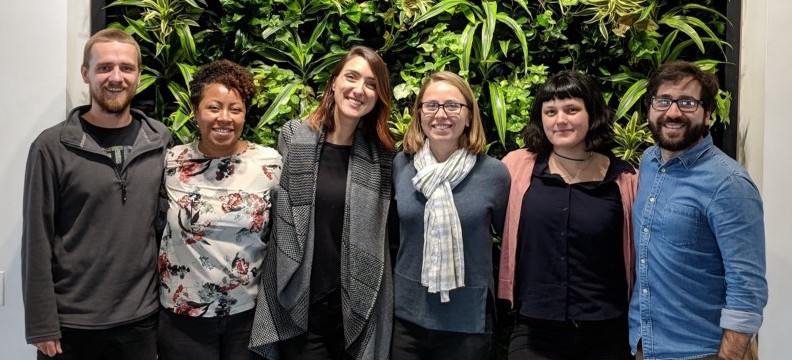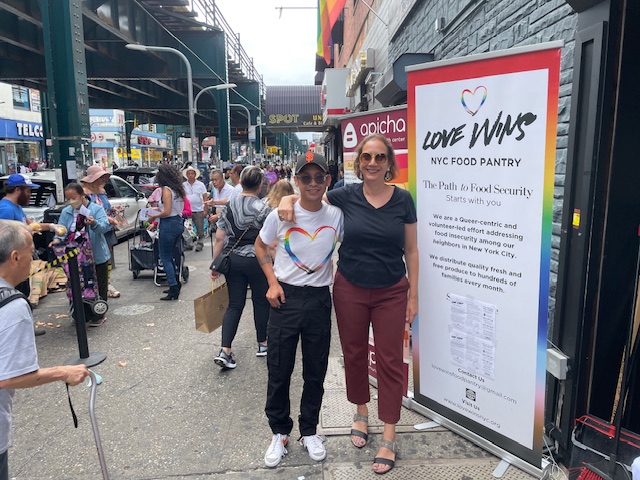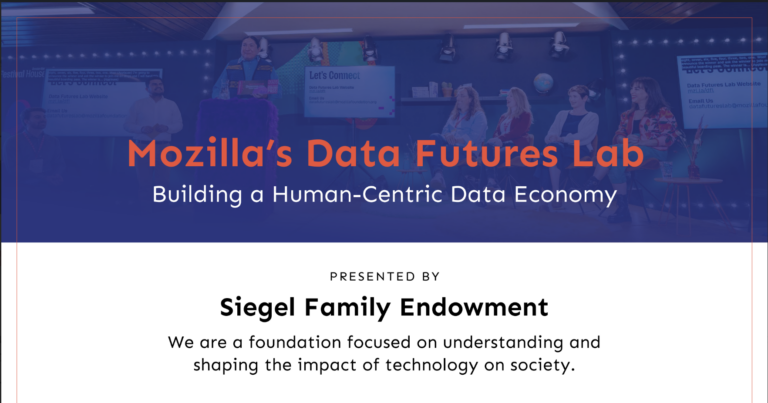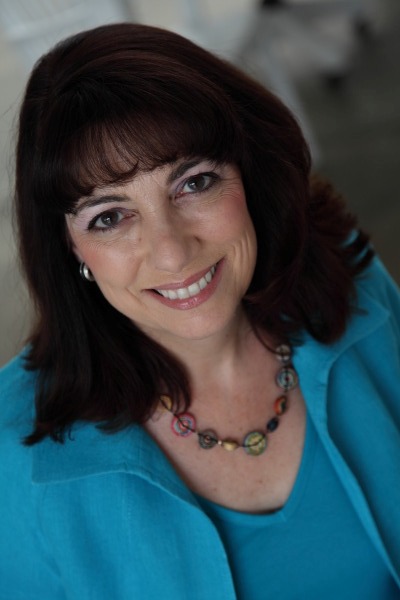
In February, SFE and the Helmsley Charitable Trust hosted the current class of Mozilla’s Open Science Fellows for a summit to share their findings, and to present lightning talks on their work as they approach the halfway point of the fellowship program. As practitioners of open research, the event was an opportunity for the Fellows to share findings and progress on their multifaceted approaches to making scientific research more open, accessible, and engaging.
Learn more about the Fellows, whose work is focused on six areas of open science practice: open software, open hardware, open ethics, and open data, open publishing, and open skills:
Kadija Ferryman is an anthropologist working on understanding the ethics and social impacts of precision (artificial intelligence -assisted) medicine. She’s encouraging healthcare technology developers to focus on inclusion and to address bias in the technologies that they create.
Julia Stewart Lowndes is a marine ecologist and evangelist for open science practice. She created the Openscapes mentorship program to help scientists to both practice and promote open research through community, data, and code.
Alex Morley is a neuroscientist developing and helping sustain existing open software to help scientists share and collaborate on their research. He’s also creating a handbook for reproducible data science.
Ciera Martinez is an evolutionary biologist using data from fascinating natural history museum collections to develop new insights about how life on earth evolves. She works closely with students and museums to make research open, accessible, and collaborative, and develops educational programs and materials to help make this content more open and transparent.
Daniela Saderi is a neuroscientist and open science advocate whose research focuses on developing new, collaborative review processes. As a co-founder of PREreview, she works to make the academic review process transparent, inclusive, and open.
Andre Maia Chagas is a neuroscientist who is focused on advancing open science through open hardware. With code, arduinos, and 3D printing, he makes science education tools more accessible, and encourages increased usage of those tools.
Visit Mozilla for a more detailed look at the fellows and their work, and make sure to check out mozillasciencefellows.com, which the team built expressly for the summit — using open source software, of course!





